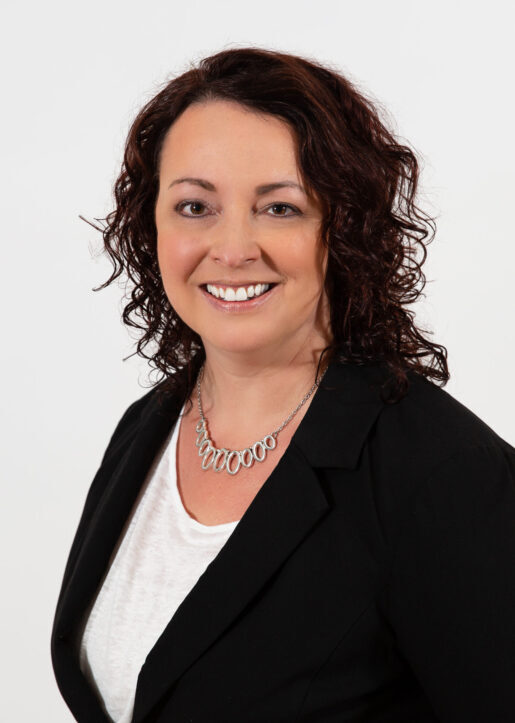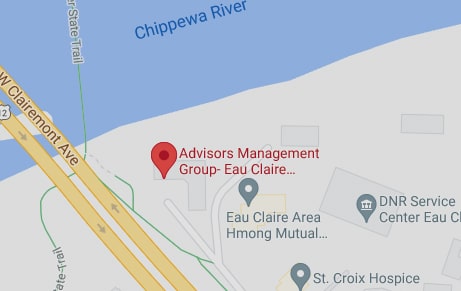How to save more money…What does this mean to you? Does it mean that you actively are looking to increase your savings? Does it make you think of starting a 401k, saving an emergency fund or tucking money away for a major purchase? Or does it mean saving money on groceries, making your paycheck go farther or not feeling stuck in the rut of trying make ends meet. While this same question can have two different meanings, the root of the question comes down to cash flow management.
If you are getting established, you might feel like you are trying to make it from paycheck to paycheck. If you are in the middle, you may be looking for ways to increase your savings. If you are in the thick of retirement planning, you may find yourself focused on which expenses you bring into retirement and how to turn your nest egg into a cash flow to cover your monthly expenses.
No matter your stage in the game, cash flow is part of equation. Cash flow management is the backbone of all financial planning strategies. Unfortunately, many people overlook the importance of evaluating where your money is going. It can be assumed that if you aren’t having issues managing your money, you don’t need to evaluate your spending. Evaluating cash flow can help you determine retirement spending needs, help you determine what expenses you will carry into retirement, and plan for inflation. Let’s break down some tips for maximizing ways to save more money.
Foundational Years
If you are just getting yourself established, pay yourself first, then set your lifestyle budget around what is left over. Setting up savings strategies like 401ks, Health Savings and emergency fund as soon as possible will help save more over the course of your working years and can get you on the road to wealth building sooner. It is harder to start these strategies later especially as responsibility grows.
Avoid the urge to keep up with Joneses. Social media and other influences have painted an image that you need the latest and greatest of everything. Instead choose to live within your means, keep debt in check, keep emergency funds available and plan for major purchases. Don’t overextend yourself on housing or vehicle payments. Only make major purchases that you can comfortably afford and leave yourself some wiggle room so that you are able to handle unexpected emergencies. While the grass may look greener on the other side of the fence, the grass is truly greenest where you water it.
If you are coming late to the game paying yourself first, start small and work your way up. It’s easier to save $1000 to your emergency fund than it is to save 6-12 months of income. If you feel you can’t save for retirement, start small and work your way up. Try to contribute enough to get any match your employer offers. If that seems like too big of a commitment, start by saving a percent or two and then increase every year. If you get a pay increase, increase savings again. By taking small steps towards your goals, you are creating good habits and moving in a positive direction.
Wealth Building Phase
Focus on increasing savings. The 50/30/20 rule is a very effective strategy to balance your short-term spending needs with your long-term savings goals. 50% of your income can go towards your necessities, 30% of your income can go to discretionary spending and 20% allocated to saving. The 20% that you save should be broken down between long-term goals and short-term goals. For example, if your employer matches up to 6% of your income, you may put 6% into your 401k, but then may fund a Roth IRA up to the maximum, while also putting money into a Health Savings Account and/or taxable brokerage account. The mix of savings can be customized to meet your goals and create tax efficiency. It’s a good rule of thumb that of the portion designated for saving, at least 10-15% will be allocated to retirement. Retirement savings should be left untouched to maximize growth and avoid unnecessary tax and penalty.
Retirement Years
While some people still save for their goals in retirement, most people’s focus is more on being mindful of how they spend their money. Projecting cash flow and expenses before you retire will help you to determine if your nest-egg will provide the income you will need to cover your expenses. For some people, annual spending needs will decrease because you can eliminate the portion you allocate to retirement income. Additionally, many people will have eliminated debt prior to retirement, which can lower retirement income need. As a rule of thumb, you should be drawing 4% or less of your retirement savings to avoid spending through it prematurely. This is just a general rule, you should consult with your investment advisor representative for what is right for your situation. Investments that generate income such as interest and dividends can be important to help replace the money you spend.
If saving money in retirement means spending less, retirees can find lots of great discounts allowing them to spend less in retirement. Retirees can take advantage of discounts on retail purchases, travel, memberships, and pharmacies. Some retirees may even seek out places to reside with favorable tax situations to help them save money in retirement.
Final Thoughts
Regardless of where in the financial planning process you are, cash flow is an important aspect of evaluating your situation and planning for your future. Thinking beyond budgeting; your cash flow is the most important tool for building long term wealth. If you are not sure where to start, meeting with a trusted financial advisor is a great first step. Our team of fiduciary advisors can help you to determine where you are now and how to accomplish your goals.
 |
Rebecca AgamaiteInvestment Advisor Representative Rebecca joined the firm in 2011 as an Investment Advisor Representative. In this role, she works with clients to manage their investment assets and help them obtain their financial objectives. Rebecca brings a great deal of experience to the team having worked for several years at Marshall & IIsley Bank and MetLife. She earned a Masters of Business Administration degree (with an emphasis on finance) from Concordia University. |
Advisors Management Group, Inc. is a registered investment adviser whose principal office is located in Wisconsin. Opinions expressed are those of AMG and are subject to change, not guaranteed, and should not be considered recommendations to buy or sell any security. Past performance is no guarantee of future returns, and investing involves multiple risks, including, but not limited to, the risk of permanent losses. Please do not send orders via e-mail as they are not binding and cannot be acted upon. Please be advised it remains the responsibility of our clients to inform AMG of any changes in their investment objectives and/or financial situation. This commentary is limited to the dissemination of general information pertaining to AMG’s investment advisory/management services. Any subsequent, direct communication by AMG with a prospective client shall be conducted by a representative that is either registered or qualifies for an exemption or exclusion from registration in the state where the prospective client resides. A copy of our current written disclosure statement discussing our advisory services and fees continues to remain available for your review upon request.



